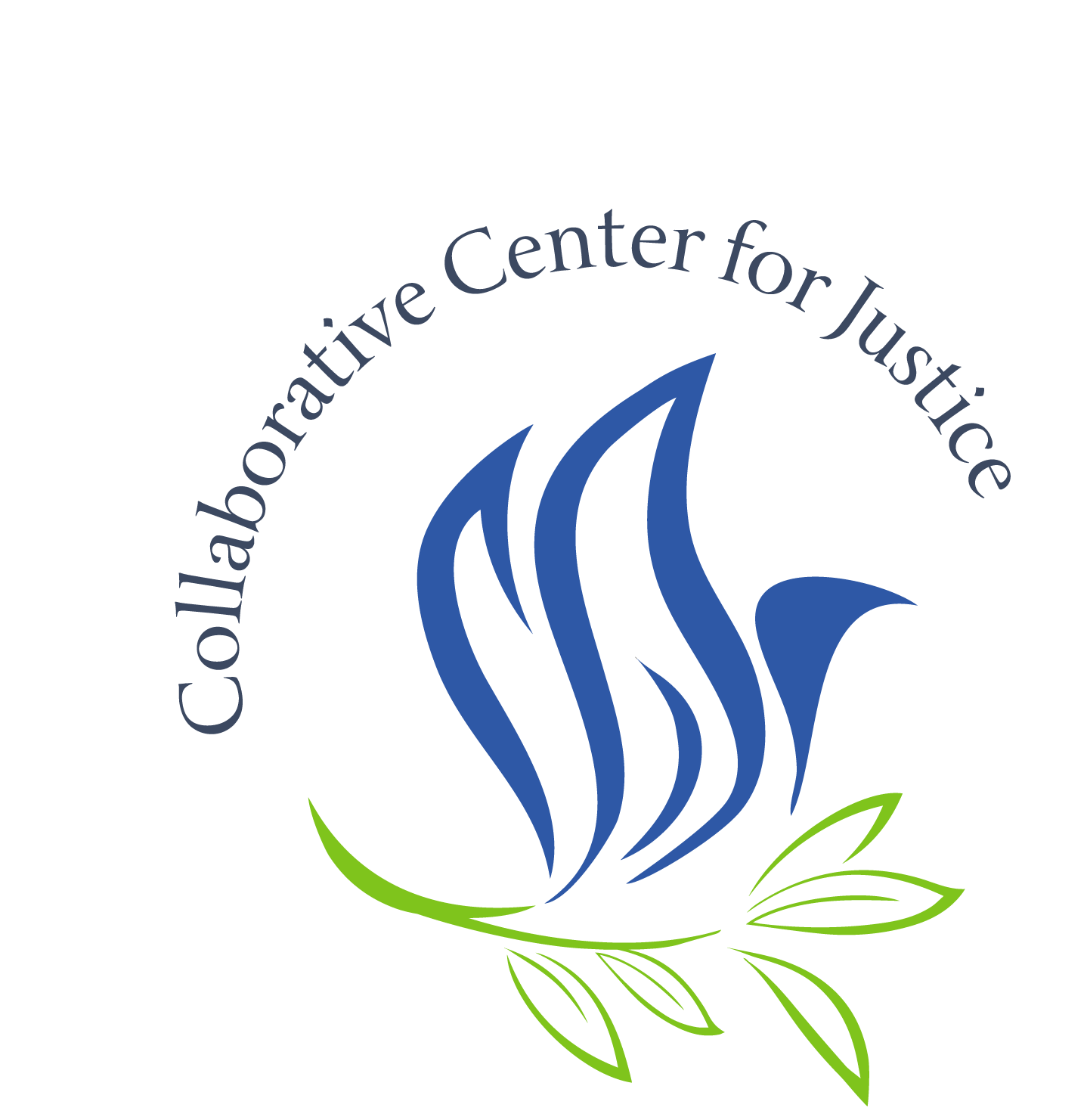
It is hot. Globally, July 2019 was the hottest month in our 139 years of modern record-keeping. Among other things, we saw one of the great melting events of the Greenland ice sheets, a deadly heatwave descend upon Europe, and months of flooding across the Midwestern United States. While communities across the globe are already dealing with the impacts of climate change, most governments have yet to act with a proportionate sense of urgency.
Heeding the call of teenage climate activist Greta Thunberg, young people around the world are planning a week of action from September 20 – 27, to spur their governments into action. The events will be bookended by strikes on September 20 and September 27. Students have asked for multi-generational collaboration. Here in Connecticut, these activities will take place under the banner of the Connecticut Climate Crisis Mobilization (C3M). C3M has brought together a diverse array of groups from across the state to demand a sustainable future. The Collaborative Center for Justice has formally endorsed the mobilization, and we will lend our voice to that effort. We encourage members of our Voices for Justice Network to engage in whatever way they are able. As the week draws closer, we will share information on C3M actions being planned.
As an advocacy organization rooted in Catholic Social Teaching, one of the most important ways we can participate in this week of action is to faithfully witness to those teachings. In his encyclical on environmental justice, Laudato Si, Pope Francis challenges us to educate ourselves and our communities about our shared responsibility to care for the planet, our most fundamental common good. Communal reflection is an integral part of that project. It is deeply embedded in the Collaborative Center’s mission, and the spiritualities of the six communities of women religious that make the Center’s work possible.
We will use the C3M as an opportunity to offer some reflections on key themes in Laudato Si and how they relate to the upcoming mobilization of activists across the globe. Every Wednesday for the next four weeks, we will share a brief entry that will help frame the encyclical for first-time readers or provide a new perspective for repeat readers. First, we will explore the Pope’s claim that the poor are at the frontlines of the climate crisis. Second, we will look at the worldview which he blames for our desperate situation; a view that encourages consumption and domination. The third entry will examine the competing view of the world and our place in it that he attempts to advance. Finally, we will look at the Francis’ recommendations for personal and collective practices that help us live out this new perspective.



